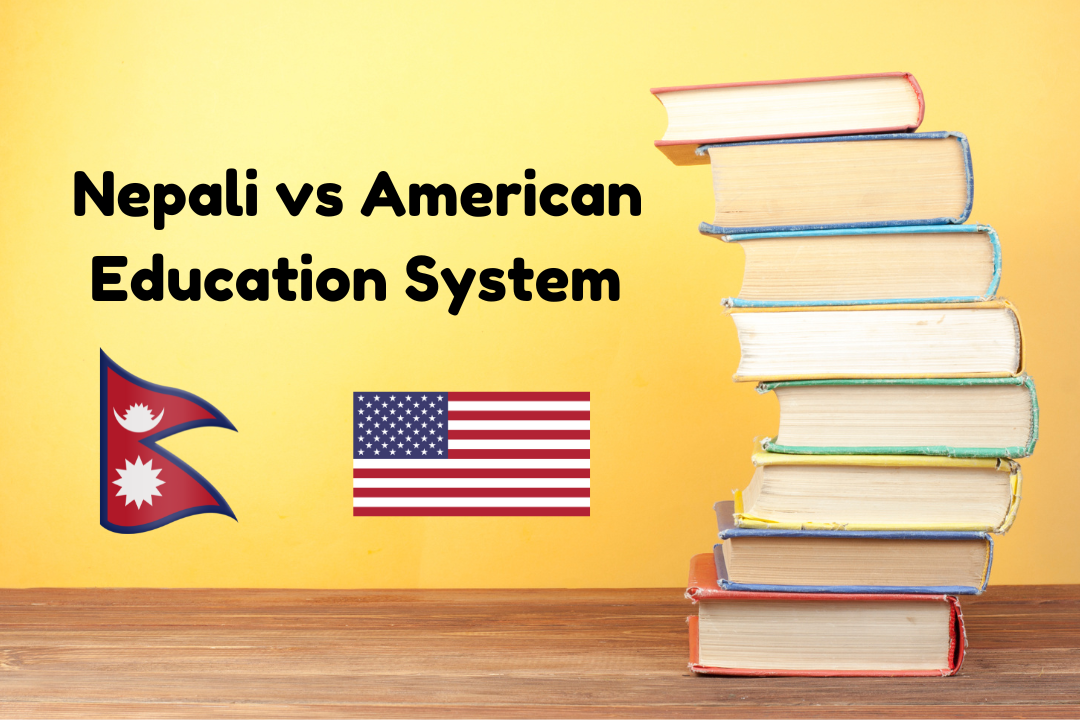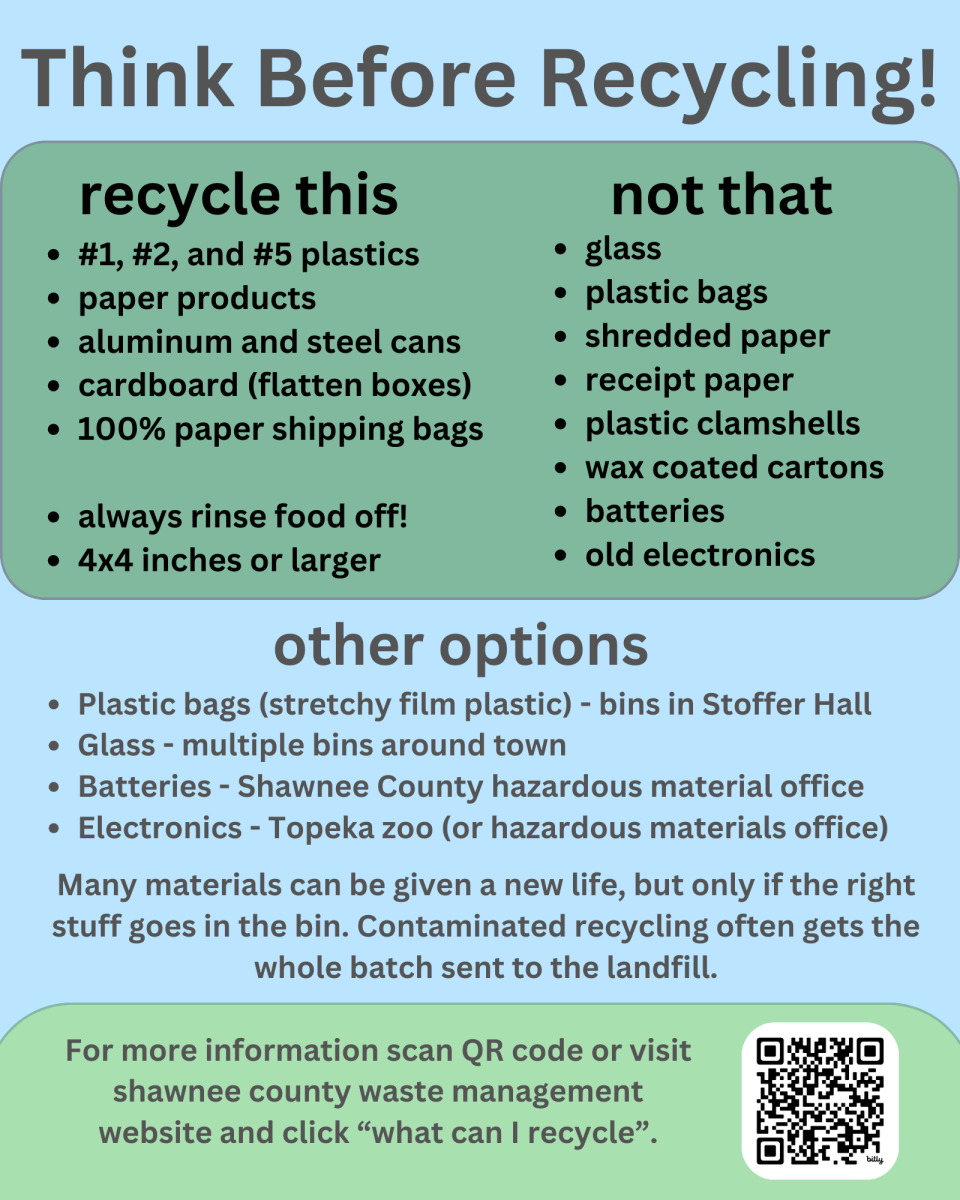My experience studying in both Nepal and the United States has proven that although the education system in both countries aims to foster the development of its students, the way the system works in both countries is very different.
Though both systems rely heavily on exams to evaluate my knowledge and I had to pass my exams to continue to a higher level, here you have options to explore. For example, students can change their major however many times they want. In Nepal, once your major was declared before starting college it would be the same major through your duration of college. It shows how rigid the curriculum of Nepal is.
The majority of education back home was lecture-based. So in Nepal, I would take notes of every single thing, even the minor details that the teacher would say because the notes would determine 25% of my grade, and any of the information could be on the exams. Due to course content being so huge I would study at least five to six hours on a daily basis in order to get good marks. During exams, I would pull an all-nighter a day before to prepare for the test.
The educational system in the United States, in my opinion, is dynamic and very participatory. You get marks not just for your assignments but also for class participation, group discussion and attendance, and it ensures students are not analyzed only on the basis of their memory but also their creativity. Here exams happen four times during one semester. Passing is a little more difficult compared to Nepal since the passing grade in the U.S. is 70% compared to Nepal’s 50%.
Edited by Morgan Albrecht and Jeremy Ford






















